The Trends Treasury Professionals Should Know in 2024
Traditional payment methods such as cash, checks, ACH, and wire transfers, have all been long-time favorites of businesses and organizations based in the United States. In 2022, the Association for Financial Professionals (AFP) estimated that 33% of B2B payments in the United States and Canada are completed using traditional paper checks.
Though the use of checks is still a highly prevalent payment method favored by organizations in all industries, many organizations are turning to alternative methods of payment (AMOP) in order to increase security, prevent fraud, and take advantage of the benefits alternative payments can offer. Here, we’ll explore some of the key alternative payment methods treasurers should be aware of, and explore the trends seen in the world of payments.
The rise of alternative payments can be attributed to the continued innovation in the world of finance and banking technology, as well as the increased demand for more efficient and secure methods of payment. Companies are now looking to digital wallets, cryptocurrencies, virtual cards, and other modern payment options to accept and complete payments. The appeal lies in quicker transaction times, increased security, and the potential cost savings.
With more and more businesses operating on a global scale, there’s a growing need for payment solutions that can easily handle cross-border transactions that can be accepted across financial systems. As companies adjust to these changes, the increasing use of alternative payment methods reflects a major shift in how businesses handle their finances.
Alternative Payment Methods in the Marketplace Today
Beyond the more traditional methods of payment, alternatives such as credit and debit cards, digital wallets, cryptocurrencies, and instant payments like Venmo, CashApp, and Zelle, have become ubiquitous in daily consumer life. On an enterprise scale, organizations have been slower than individual consumers to adopt these and other alternative payment methods.
Incorporating alternative payments into an organization on an enterprise scale can be daunting, and training and change management efforts can be a key reason that organizations have been slow to adopt alternative payment methods. Credit cards and virtual cards can offer security as well as rebates, allowing for greater peace of mind and cost-savings.
Loyalty programs and points represent another innovative form of alternative payment. Consumers and organizations alike can use accumulated points, offers, or services, from various loyalty programs to make purchases, offering a tangible benefit for brand loyalty. This method not only enhances customer engagement but also provides an alternative means of payment beyond traditional currency. Organizations can take advantage of loyalty programs offered from specific suppliers, and in some cases pay for goods and services via loyalty programs.
Though not yet widely used by organizations, digital currencies are a new frontier in alternative payments, with cryptocurrencies like Bitcoin leading the way. These decentralized and secure forms of currency offer a level of anonymity and independence from traditional banking systems that some organizations may find appealing.
Simultaneously, digital wallets like Google Pay, Apple Pay, and Venmo have also gained popularity, allowing users to link their cards or bank accounts for seamless mobile payments. These platforms leverage the convenience of smartphones, enabling users to make transactions with just a tap or a scan. Organizations looking to accept these forms of payment or leverage them to pay for their own goods and services will need to ensure their ERP and treasury software is equipped to track and facilitate these types of transactions.
Challenges and Key Considerations for Implementing Alternative Payments
Adopting alternative payment methods in a corporate treasury department involves careful consideration of various factors and potential challenges associated with doing so. One key consideration is cost. While alternative payment methods may offer efficiency gains, companies should evaluate the associated fees and transaction costs.
Some methods may have lower fees than traditional options, while others could incur additional charges. Assessing the overall cost structure is essential to determine the economic viability of adopting a particular payment method.
Interoperability is also a significant challenge. Companies often deal with a diverse set of suppliers, clients, and partners, each preferring different payment methods. Ensuring that the chosen alternative method aligns with the preferences and capabilities of key stakeholders is essential for seamless transactions. Lack of standardization can lead to complications and hinder the widespread adoption of a particular payment solution.
When choosing the most suitable payment method for a corporate treasury department, it’s essential to align the method with the organization’s unique needs and goals. Factors such as transaction volume, geographical reach, and the nature of business operations should be considered. For example, if a company frequently engages in international transactions, it may prioritize a payment method with low foreign exchange fees and efficient cross-border capabilities.
Additionally, assessing the scalability and adaptability of alternative payment methods is crucial. A solution that can accommodate future growth and evolving technological trends ensures that the chosen method remains relevant and effective in the long term. Adopting alternative payment methods requires a thoughtful analysis of these key considerations.
Partnering with a team of experienced treasury consultants can help your team pave the way to optimized payment processing that fits the unique needs of your organization. Elire’s team of experienced consultants is available to discuss your goals and how you can take advantage of today’s payment technology. Reach out to [email protected] to connect with our team and start exploring the latest in alternative payments.
Author
-

Ms. Caron serves as Elire's Marketing Manager, specializing in content strategy and digital media communications. Maddie works to deliver relevant industry updates and technical blog posts to educate and engage Elire's audience.
View all posts
